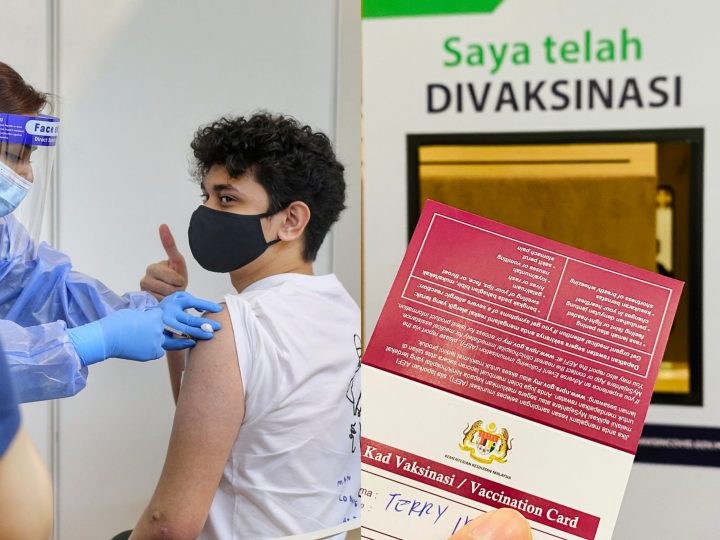Malaysians in Sweden Enjoy Different Culture, Fast Up To 18 Hrs & Still Celebrate Raya With Rendang
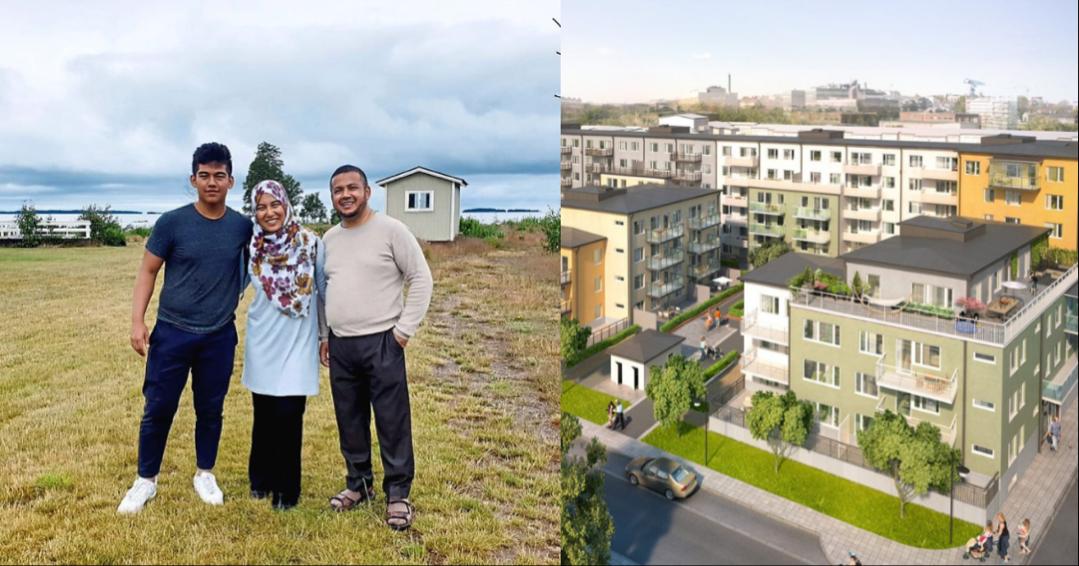 Thirsty for JUICE content? Quench your cravings on our Instagram, TikTok and WhatsApp
Thirsty for JUICE content? Quench your cravings on our Instagram, TikTok and WhatsApp
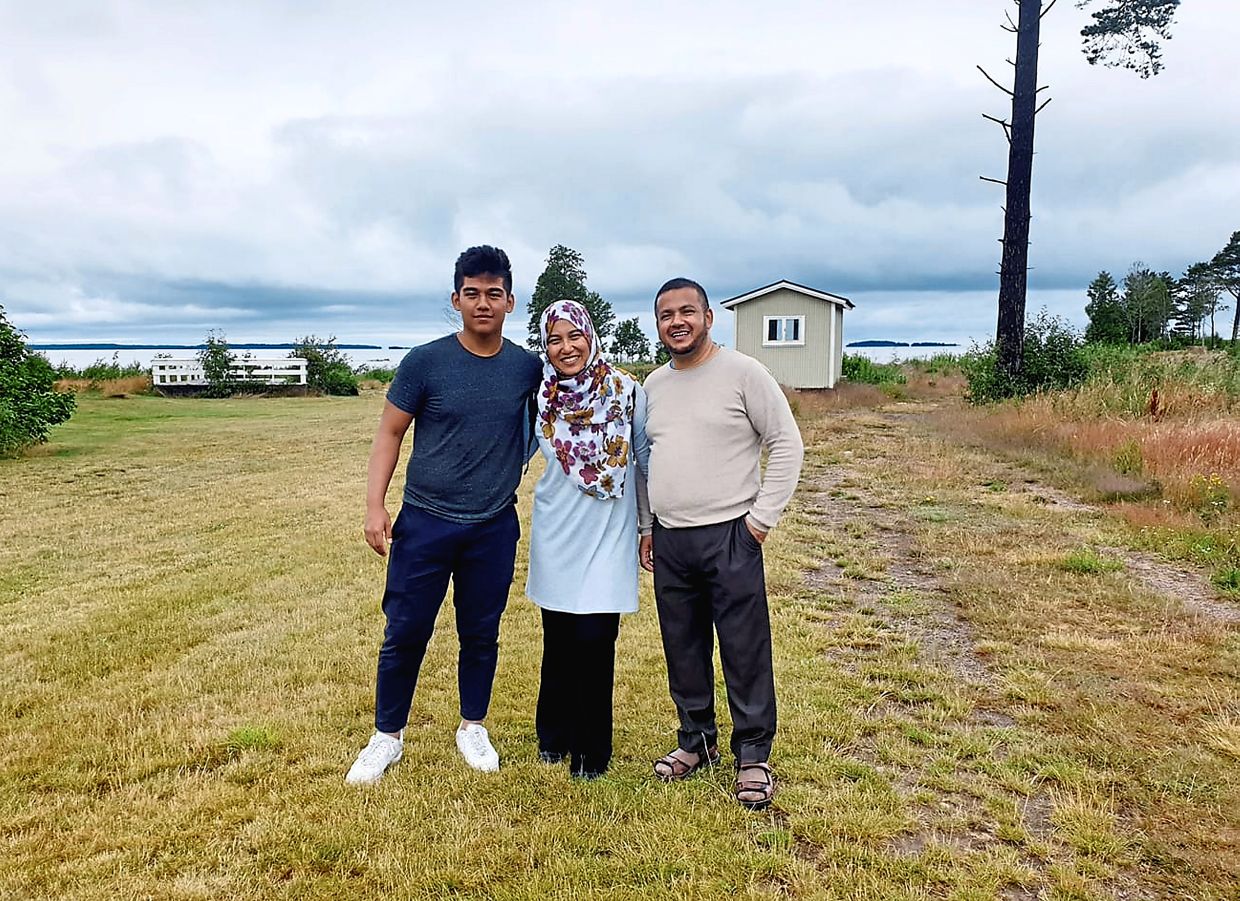
Even though the fasting hours in Sweden take up to 18 hours compared to Malaysia (where it takes 13-14 hours), Ailin Abdullah and her family said that celebrating Ramadan there is no different from Malaysia.
Ailin and her family are Malaysians who are living in Sollentuna, which is 15 minutes away from the Stockholm city centre.
According to The Star, Ailin said that the Muslims in the community discuss what to prepare for iftar (breaking the fast), sahur (pre-dawn meal) and plan to go to the mosque together.
“We will also visit each other and break our fast together, or buy gifts for one another in anticipation of Hari Raya Aidilfitri, as well as help each other to be the best Muslims one can be during Ramadan,” she said.
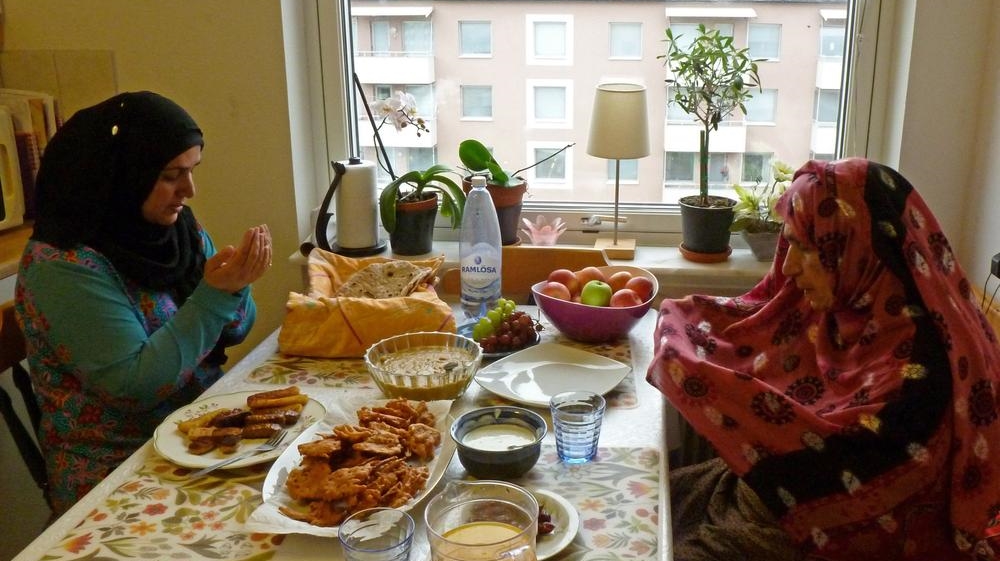
Ailin also added how she enjoys the different environment she gets to experience during Ramadan, “I enjoy Ramadan here for the diversity that it offers, getting to meet people from different cultures and backgrounds and experiencing their festivities. Their families become my families too.”
In the beginning of Ramadan, Ailin’s family of three fasted for around 16 hours but now towards the end of Ramadan and as summer approaches, they fast for around 18 hours.
Iftar in Sweden is usually at 9pm and the family would eat sahur at 2am, “We usually wake up for sahur at 2am or 3am; for sure, it’s not a normal time to eat, so we adjusted by eating light meals or just having warm drinks.”
While the family enjoys all different kinds of foods, with her husband being from Bangladesh, typical Bengali dishes such as cholah (chickpeas), piaju (onion fritters), and beguni (brinjal fritters) are usually served during iftar.
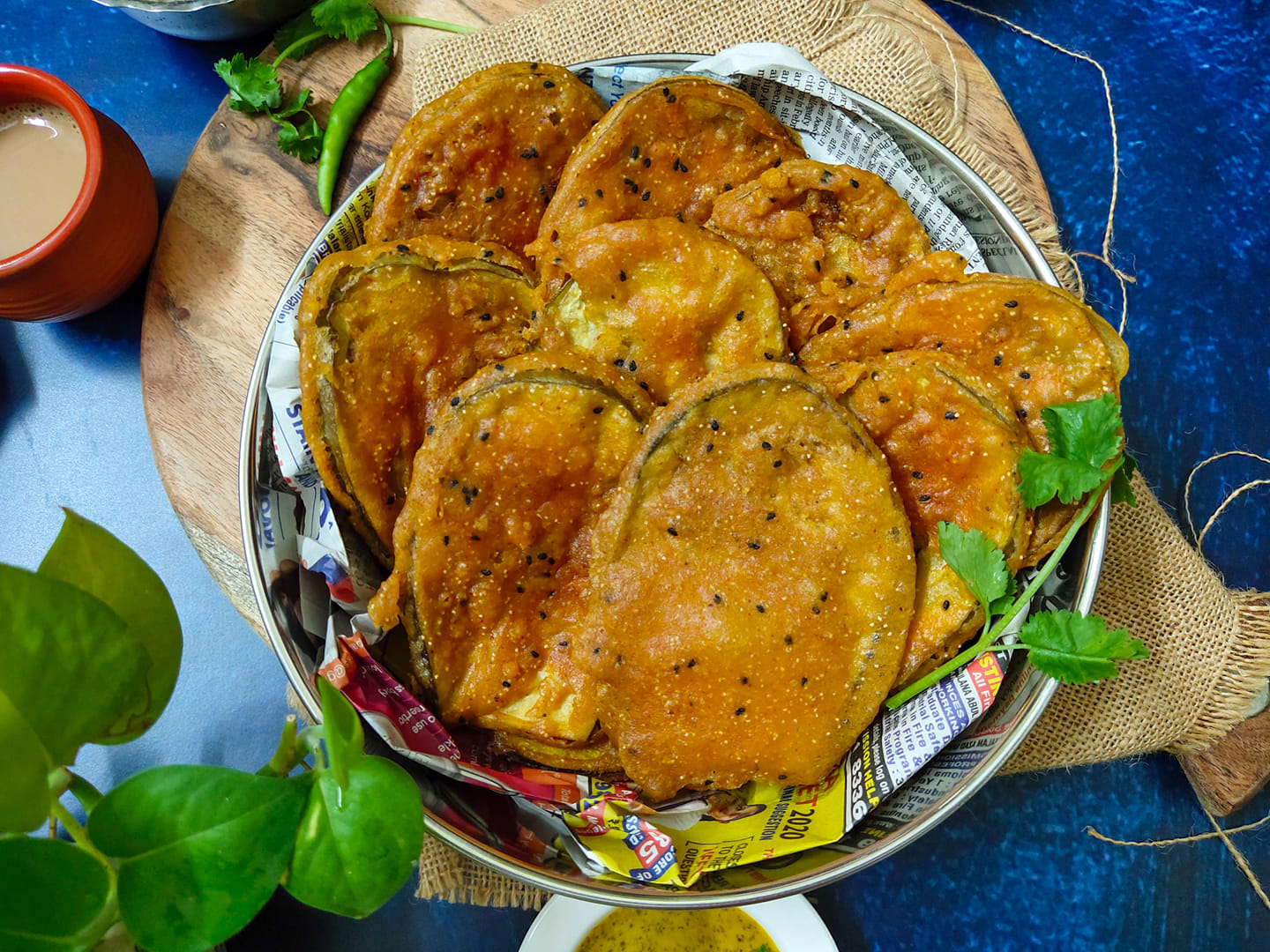
Since there is no lockdown in Sweden, the only thing different for Ramadan in Sweden this year is the exception of iftar invitations, buffet dinners and tarawih prayers.
“People here are very mindful of social distancing and keeping each other safe,” Ailin noted.
Having lived in Denmark for six years before coming to Sweden in 2008, Ailin and her family are used to different hours of fasting even while she was pregnant at one point.
“My first Ramadan in Scandinavia was in the winter so it lasted only two or three hours.
“It did not feel like I was fasting at all and I was six months’ pregnant at that time,” she said.
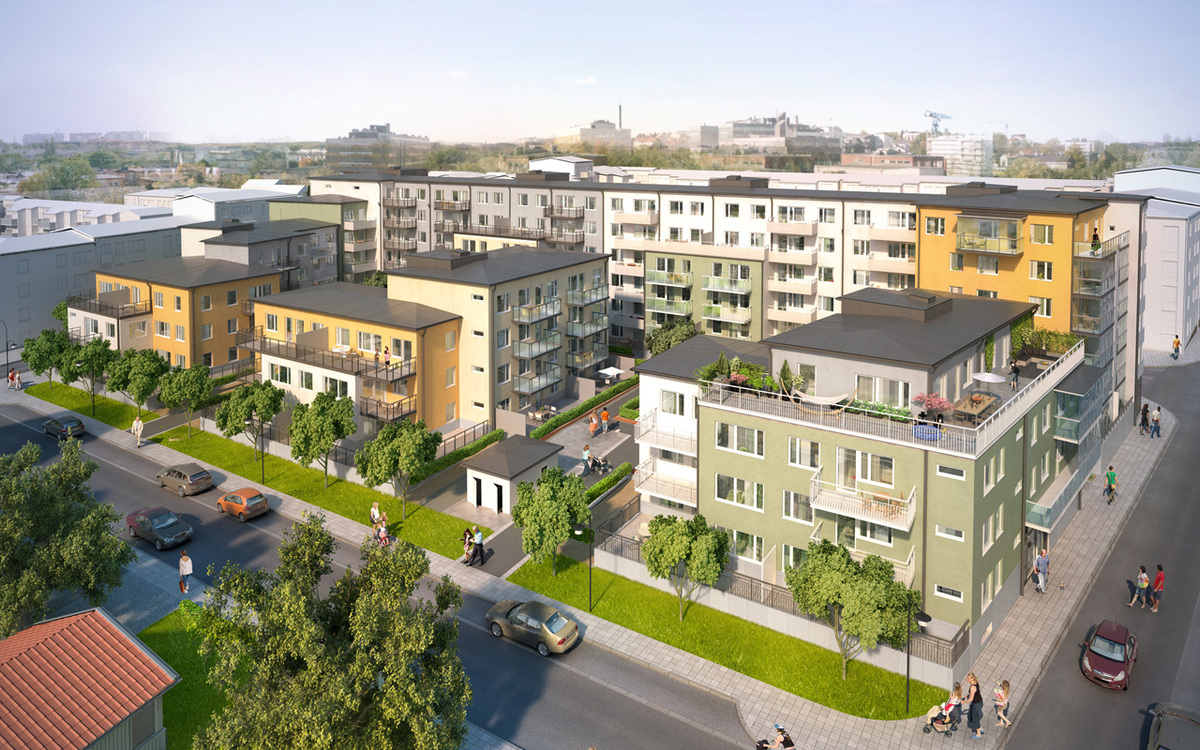
Even though she is used to living abroad, Ailin said she is homesick for certain things back in Malaysia.
“I miss walking into a mosque and being able to sit down and spend some time just for reflection and calming the mind.
“In Sweden, most mosques keep normal ‘business hours’, especially the ones in bigger cities. It is indeed a luxury having an open mosque 24/7.”
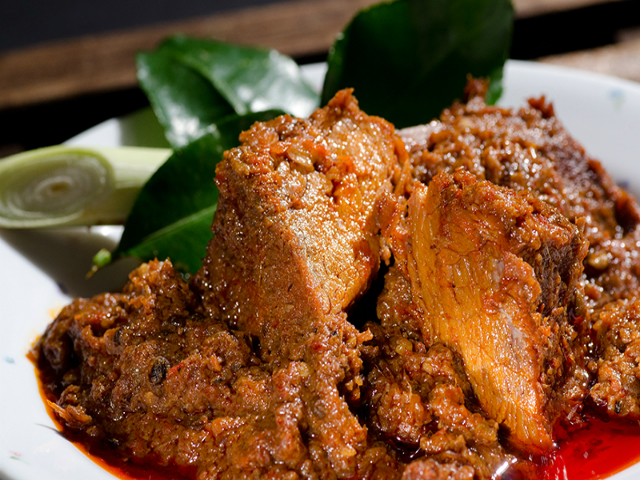
When it comes to Malaysian dishes, Ailin said that 90% of the ingredients are available in Stockholm but the trip to the grocery store requires planning.
“If I am really craving something which I am too lazy to prepare, I usually call up one of the kakak (elder sisters) here and ask them to cook for me,” she revealed.
As we all prepare for Hari Raya, Ailin is having a simple celebration with her family of three, having prepared her rendang over a week ago which is now stored in the freezer.
“I will prepare some traditional Bengali sweets like mishti doi (sweet yogurt) and rasmalai and if I have time, then I’ll make a simple biryani. Otherwise, we will probably go and visit the usual suspects!”


 Get Audio+
Get Audio+ Hot FM
Hot FM Kool 101
Kool 101 Eight FM
Eight FM Fly FM
Fly FM Molek FM
Molek FM
